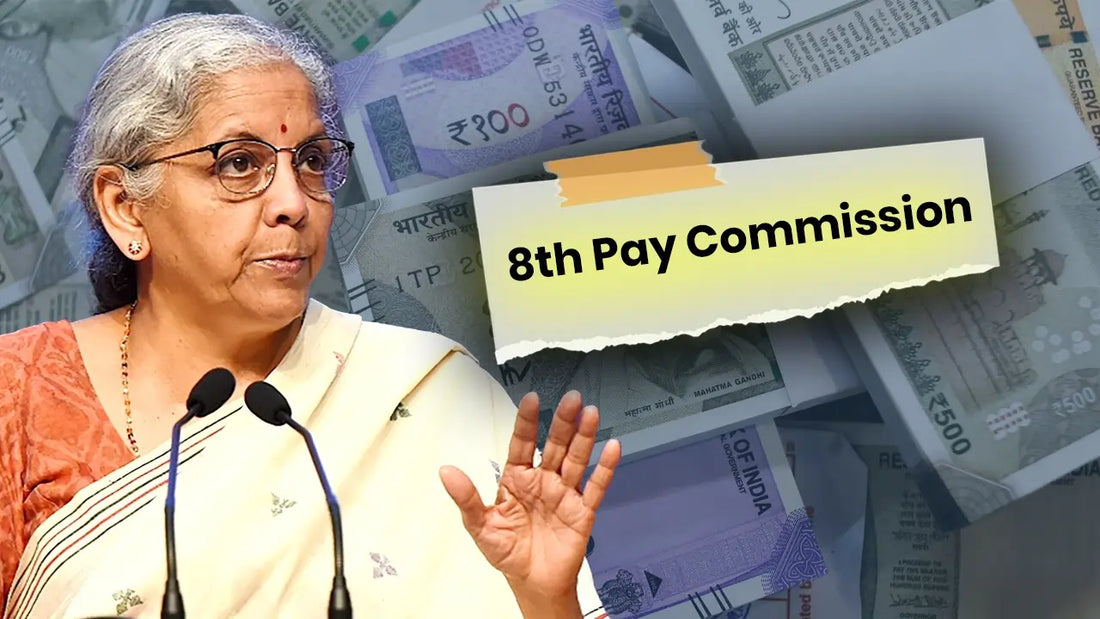Union Cabinet Approves Terms for 8th Pay Commission, Sets Stage for Salary Revisions in 2026

The Union Cabinet, led by Prime Minister Narendra Modi, has given its formal approval to the Terms of Reference (ToR) for the 8th Central Pay Commission as of October 28, 2025. This marks a critical step in the revision of pay structures and benefits for central government employees. The commission's formation was initially announced in January 2025, following consultations with various ministries, state governments, and stakeholders. The commission is tasked with recommending changes to salaries, allowances, and pensions, with the aim of implementation starting January 1, 2026.
Justice Ranjana Prakash Desai, a former Supreme Court Judge, will chair the 8th Pay Commission. Her extensive judicial background includes serving on the Supreme Court and as the head of the Press Council of India. The panel is composed of a chairperson, a part-time member, and a member-secretary, and is expected to deliver balanced recommendations under Justice Desai's guidance.
The commission has an 18-month deadline to deliver its report, with provision for interim reports on urgent matters if required.
The ToR mandates the commission to consider economic conditions, fiscal prudence, resource allocation for development and welfare, the costs of non-contributory pension schemes, impacts on state finances, and salary comparisons with central public sector undertakings and the private sector. This approach seeks to ensure that the commission's recommendations are sustainable and aligned with national priorities.
Approximately 50 lakh central government employees, including defense personnel, and nearly 69 lakh pensioners stand to benefit from these revisions. The changes will include adjustments to basic pay, dearness allowance (DA), house rent allowance (HRA), and other benefits, addressing employee union demands for updates in response to rising living costs. The 7th Pay Commission, implemented in 2016, introduced a fitment factor of 2.57, leading to significant salary increases; similar enhancements are anticipated with the new commission.
While official salary slabs have not yet been finalized, some projections suggest potential monthly salary increases of up to ₹19,000 for certain employees. This is based on a speculated fitment factor ranging from 1.83 to 2.46. Financial platforms offer online calculators for estimating revised pay, typically multiplying current basic pay by the fitment factor to calculate new basic pay, integrating DA, and recalculating HRA as a percentage of the revised amount (e.g., 30% for metro cities, 20% for Tier-2, 10% for Tier-3). For example, an employee with a current basic pay of ₹100,000 in a metro city could see their gross salary increase to approximately ₹290,000 under a 2.6 fitment factor, assuming standard allowances.
This approval concludes a period of anticipation among central government employees and lays the foundation for fairer compensation reforms within India's public sector.



















